Carrie Mae Weems is a renowned American artist known for her thought-provoking works that explore themes of race, gender, and identity. Born in Portland, Oregon in 1953, Weems is considered one of the most influential contemporary photographers of our time. She has received numerous awards and accolades for her work, including the prestigious MacArthur Fellowship in 2013.Carrie Mae Weems
One of Weems' most famous and influential works is her Kitchen Table Series, a collection of photographs that was created over the course of a year in 1990. The series consists of 20 black and white photographs that depict a woman, believed to be Weems herself, in various scenes of domestic life. The photographs are accompanied by short texts that add depth and context to the images.Kitchen Table Series
The Kitchen Table Series is a powerful and thought-provoking exploration of the complexities of African American life. Weems uses the familiar setting of the kitchen table to address issues of race, gender, and identity in a subtle yet impactful way. Through her photographs, she challenges societal norms and stereotypes, forcing viewers to confront uncomfortable truths about the lived experiences of African Americans.Analysis
Weems' use of photography in the Kitchen Table Series is deliberate and strategic. Photography, as a medium, is often seen as a means of capturing reality and presenting it as truth. However, Weems uses her photographs to challenge this notion and instead presents a curated and constructed reality. She plays with lighting, angles, and composition to create images that are both visually striking and emotionally charged.Photography
As an African American woman, Weems brings her own experiences and perspectives to the Kitchen Table Series. The woman in the photographs is a representation of the African American community, and her presence in the domestic space of the kitchen table speaks to the history of African Americans in the United States. Through her work, Weems sheds light on the struggles and triumphs of this community and challenges viewers to confront their own biases and preconceptions.African American
The concept of identity is a recurring theme in Weems' work, and it is particularly evident in the Kitchen Table Series. The woman in the photographs is depicted in various roles and states, from a mother to a lover to a friend. Through these different identities, Weems explores the complexities of being a woman and the expectations placed on individuals based on their gender and race.Identity
The domestic space of the kitchen table is significant in the Kitchen Table Series. It is a place that is traditionally associated with women and the role of the homemaker. However, Weems challenges this stereotype by presenting a woman who is confident, strong, and unapologetic in her expressions and actions. This challenges societal expectations and norms surrounding gender roles and the domestic space.Domestic Space
Weems' work in the Kitchen Table Series is a commentary on gender roles and the power dynamics that exist within relationships. Through her photographs, she challenges the traditional notions of masculinity and femininity, and instead presents a more fluid and complex understanding of gender. She also highlights the ways in which gender roles can be oppressive and limiting, particularly for women.Gender Roles
Race is a central theme in the Kitchen Table Series, and Weems uses her photographs to highlight the impact of race on individual experiences. The woman in the photographs is depicted with a range of emotions, from joy to sorrow to defiance. These emotions are a reflection of the complexities of navigating life as an African American in a society that is often hostile towards people of color.Race
Ultimately, the Kitchen Table Series is a powerful social commentary on the state of race and gender relations in the United States. Through her work, Weems challenges viewers to confront their own biases and prejudices and to question the societal structures and systems that perpetuate inequality and injustice. The Kitchen Table Series continues to be relevant and impactful today, almost 30 years after its creation.Social Commentary
Kitchen Table: A Reflection of Black Womanhood
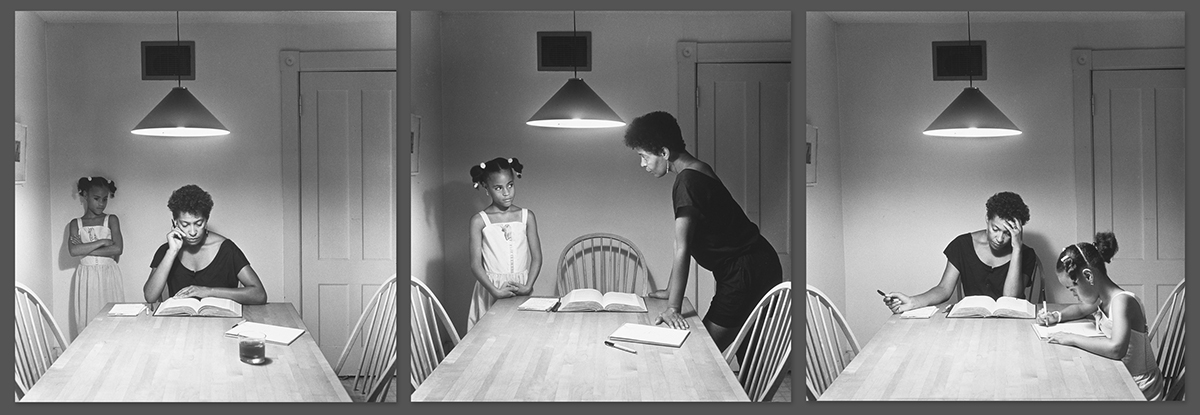
Exploring the Symbolism of the Kitchen Table
 The kitchen table is a central gathering place in any home, where meals are shared, conversations are had, and memories are made. For artist Carrie Mae Weems, the kitchen table holds a special significance, particularly for black women. In her iconic series, "Kitchen Table," Weems uses the kitchen table as a symbol to explore the complexities of black womanhood and the roles they play in society.
Black Womanhood
is a central theme in Weems' work, and the kitchen table serves as a metaphor for the experiences and struggles faced by black women. The table is often seen as a place of comfort and familiarity, but for black women, it is also a space where they are often marginalized and silenced. Through her photographs, Weems captures the duality of the kitchen table as both a place of strength and vulnerability for black women.
The kitchen table is a central gathering place in any home, where meals are shared, conversations are had, and memories are made. For artist Carrie Mae Weems, the kitchen table holds a special significance, particularly for black women. In her iconic series, "Kitchen Table," Weems uses the kitchen table as a symbol to explore the complexities of black womanhood and the roles they play in society.
Black Womanhood
is a central theme in Weems' work, and the kitchen table serves as a metaphor for the experiences and struggles faced by black women. The table is often seen as a place of comfort and familiarity, but for black women, it is also a space where they are often marginalized and silenced. Through her photographs, Weems captures the duality of the kitchen table as both a place of strength and vulnerability for black women.
Challenging Stereotypes
 Through her images, Weems challenges traditional stereotypes of black women, portraying them as multifaceted individuals with their own agency and power. In one photograph, a woman sits at the kitchen table with her back to the camera, her face obscured. This image can be interpreted as a commentary on the erasure of black women's voices and identities in society.
In another photograph, a woman stands confidently at the head of the table, surrounded by empty chairs. This image can be seen as a symbol of the strength and resilience of black women, who often have to carry the weight of their families and communities on their shoulders.
Representation
is also a key theme in Weems' work, and the kitchen table serves as a powerful tool for representation. By featuring black women in domestic spaces, traditionally seen as the domain of white women, Weems challenges the lack of representation of black women in mainstream media and art.
Through her images, Weems challenges traditional stereotypes of black women, portraying them as multifaceted individuals with their own agency and power. In one photograph, a woman sits at the kitchen table with her back to the camera, her face obscured. This image can be interpreted as a commentary on the erasure of black women's voices and identities in society.
In another photograph, a woman stands confidently at the head of the table, surrounded by empty chairs. This image can be seen as a symbol of the strength and resilience of black women, who often have to carry the weight of their families and communities on their shoulders.
Representation
is also a key theme in Weems' work, and the kitchen table serves as a powerful tool for representation. By featuring black women in domestic spaces, traditionally seen as the domain of white women, Weems challenges the lack of representation of black women in mainstream media and art.
Conclusion
 Through her "Kitchen Table" series, Carrie Mae Weems sheds light on the complexities and struggles of black womanhood. The kitchen table serves as a powerful symbol to explore issues of identity, representation, and power dynamics. Weems' work not only challenges stereotypes and highlights the beauty and strength of black women, but also invites viewers to reflect on their own experiences and perceptions of race and gender.
Through her "Kitchen Table" series, Carrie Mae Weems sheds light on the complexities and struggles of black womanhood. The kitchen table serves as a powerful symbol to explore issues of identity, representation, and power dynamics. Weems' work not only challenges stereotypes and highlights the beauty and strength of black women, but also invites viewers to reflect on their own experiences and perceptions of race and gender.








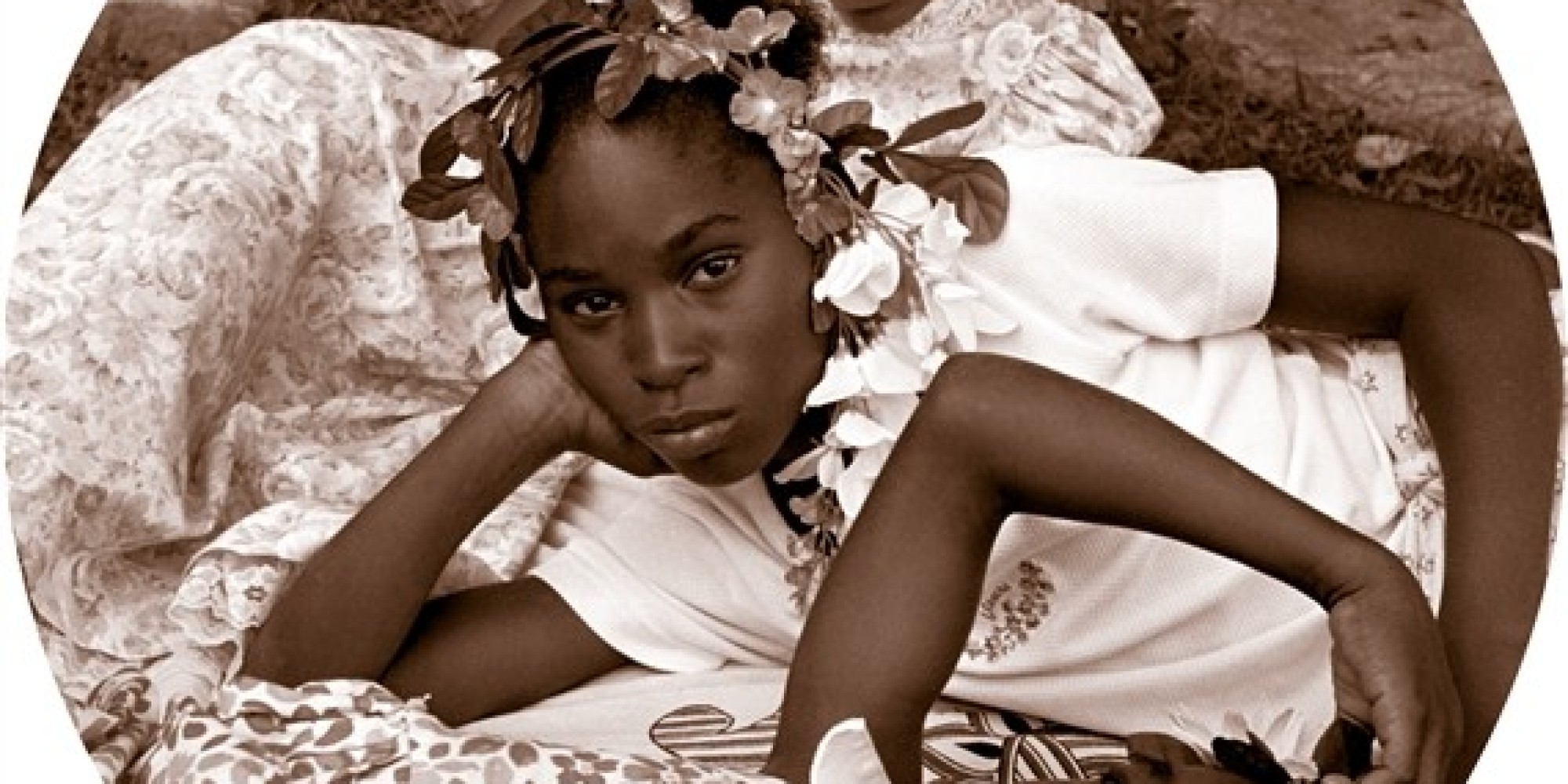










.jpg)




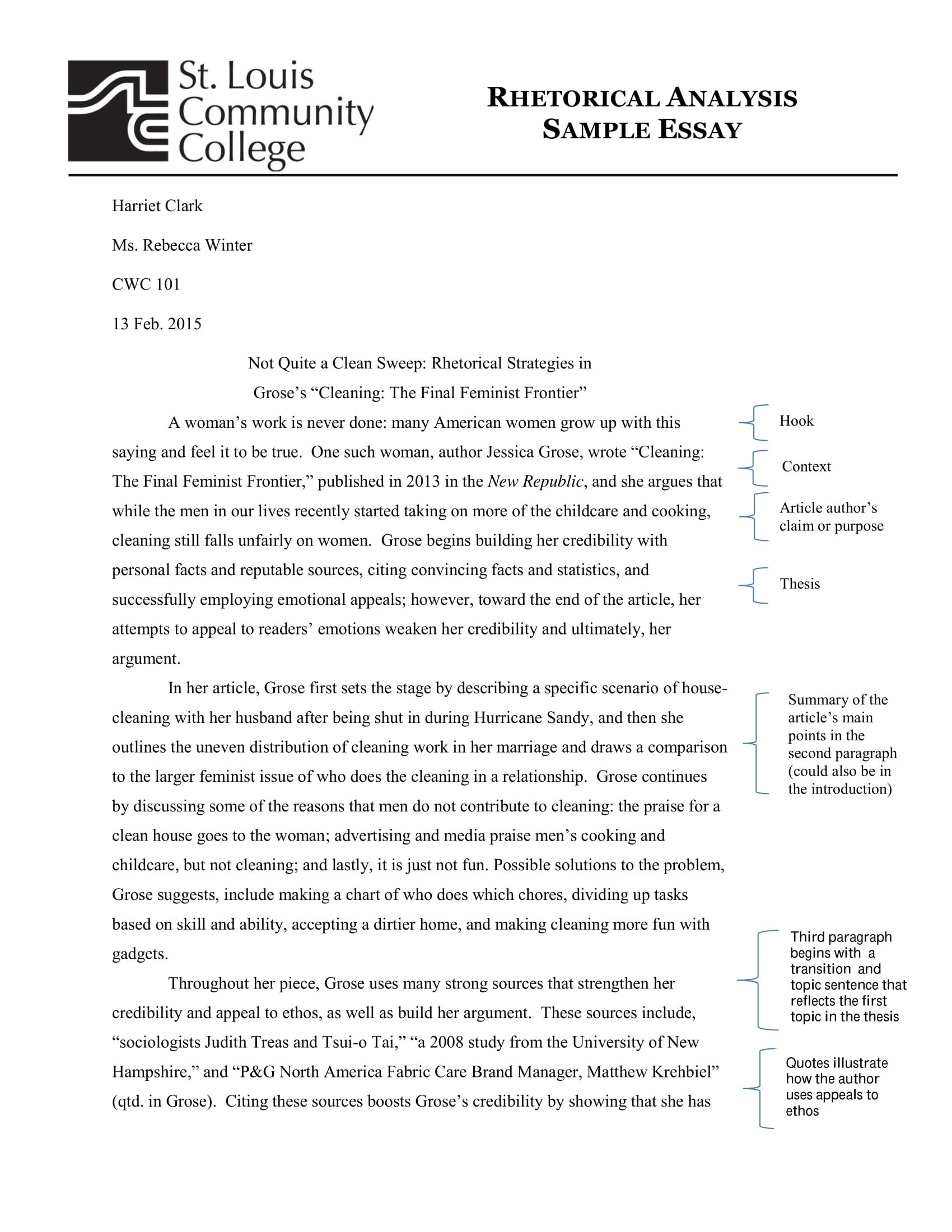






















:max_bytes(150000):strip_icc()/MLK-589c7eaf3df78c4758d16d97.jpg)


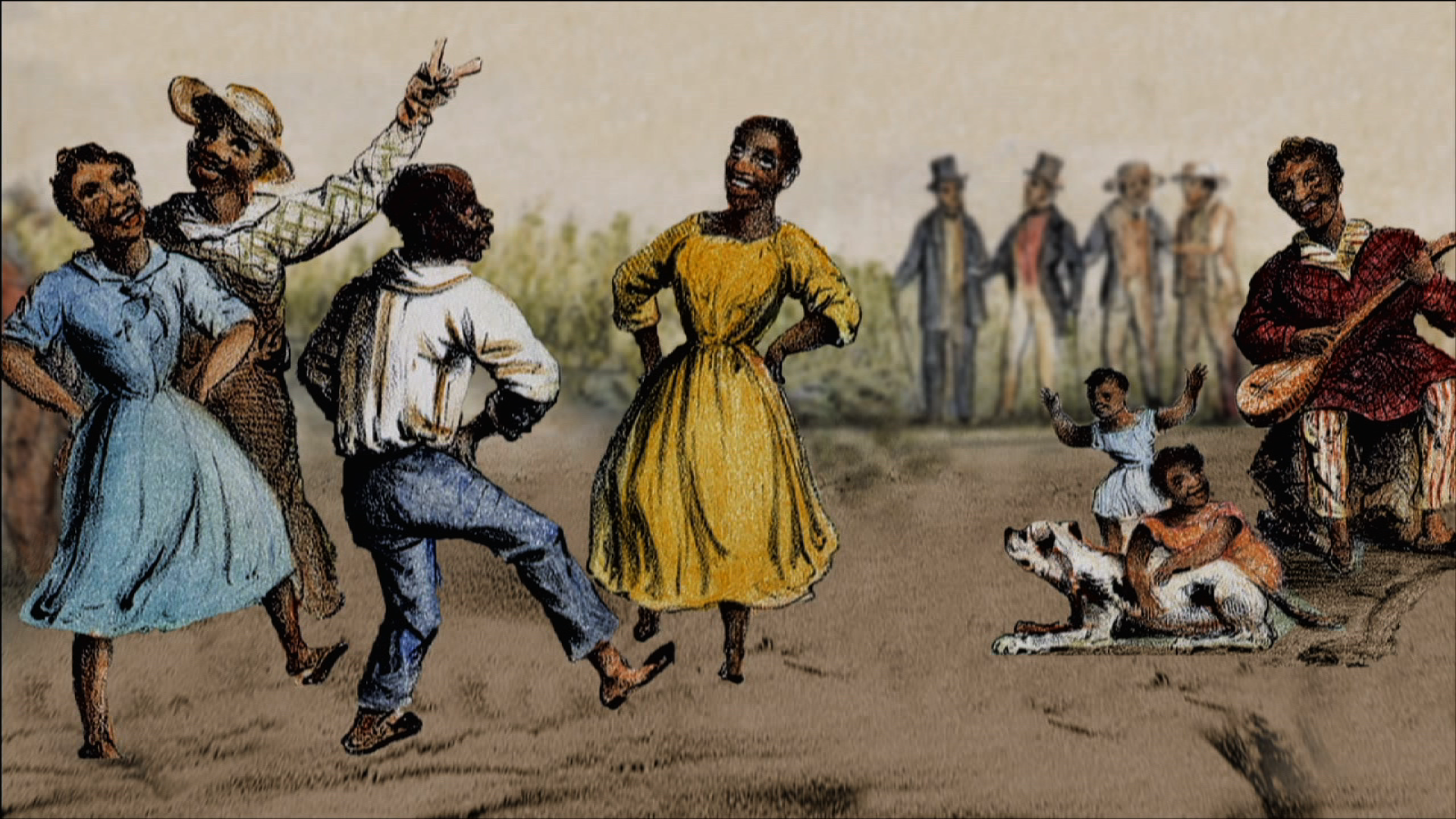
:max_bytes(150000):strip_icc()/Maya-Angelou-589c7dbe3df78c4758cf0abe.jpg)












































_opening_lap.jpg)



















